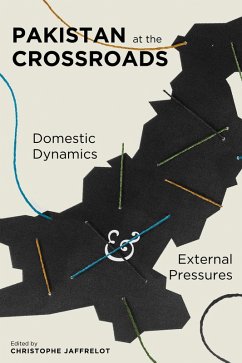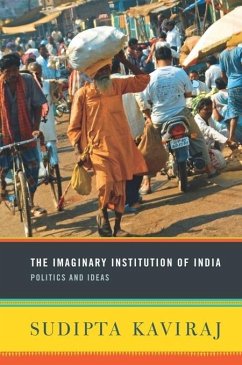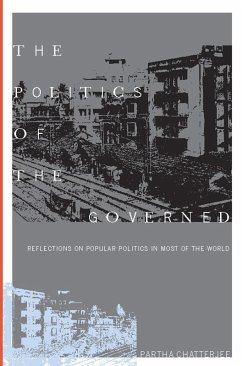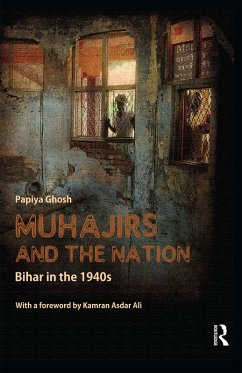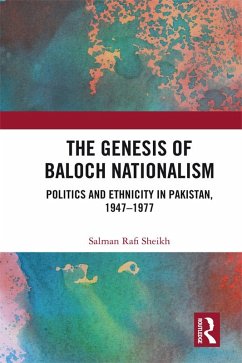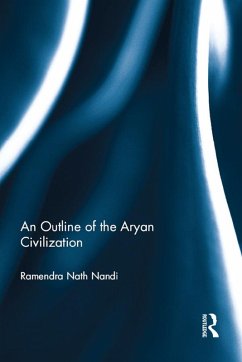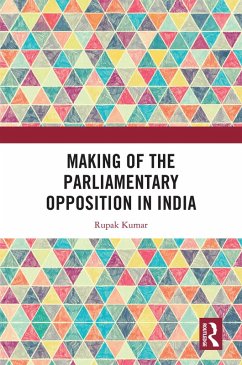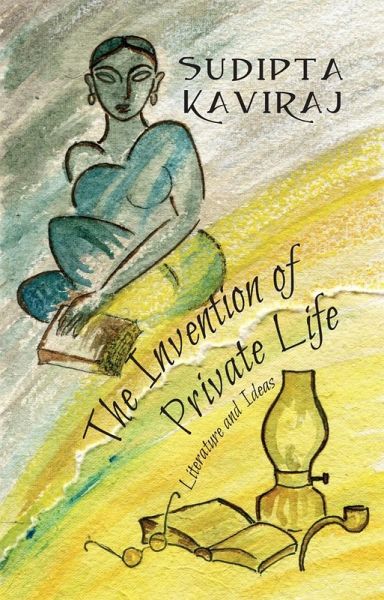
The Invention of Private Life (eBook, ePUB)
Literature and Ideas

PAYBACK Punkte
13 °P sammeln!
The essays in this volume, which lie at the intersection of the study of literature, social theory, and intellectual history, locate serious reflections on modernity's complexities in the vibrant currents of modern Indian literature, particularly in the realms of fiction, poetry, and autobiography. Sudipta Kaviraj shows that Indian writers did more than adopt new literary trends in the nineteenth and twentieth centuries. They deployed these innovations to interrogate fundamental philosophical questions of modernity. Issues central to modern European social theory grew into significant themes w...
The essays in this volume, which lie at the intersection of the study of literature, social theory, and intellectual history, locate serious reflections on modernity's complexities in the vibrant currents of modern Indian literature, particularly in the realms of fiction, poetry, and autobiography. Sudipta Kaviraj shows that Indian writers did more than adopt new literary trends in the nineteenth and twentieth centuries. They deployed these innovations to interrogate fundamental philosophical questions of modernity. Issues central to modern European social theory grew into significant themes within Indian literary reflection, such as the influence of modernity on the nature of the self, the nature of historicity, the problem of evil, the character of power under the conditions of modern history, and the experience of power as felt by an individual subject of the modern state.
How does modern politics affect the personality of a sensitive individual? Is love possible between intensely self-conscious people, and how do individuals cope with the transience of affections or the fragility of social ties? Kaviraj argues that these inquiries inform the heart of modern Indian literary tradition and that writers, such as Bankimchandra Chattopadhyay, Rabindranath Tagore, and Sibnath Sastri, performed immeasurably important work helping readers to think through the predicament of modern times.
How does modern politics affect the personality of a sensitive individual? Is love possible between intensely self-conscious people, and how do individuals cope with the transience of affections or the fragility of social ties? Kaviraj argues that these inquiries inform the heart of modern Indian literary tradition and that writers, such as Bankimchandra Chattopadhyay, Rabindranath Tagore, and Sibnath Sastri, performed immeasurably important work helping readers to think through the predicament of modern times.
Dieser Download kann aus rechtlichen Gründen nur mit Rechnungsadresse in A, D ausgeliefert werden.




